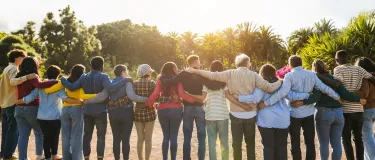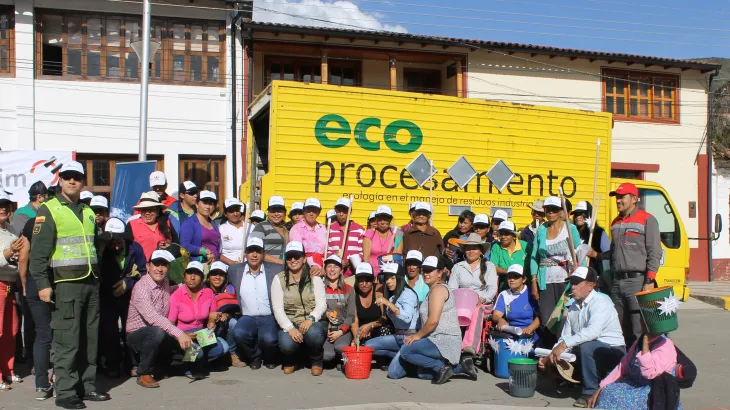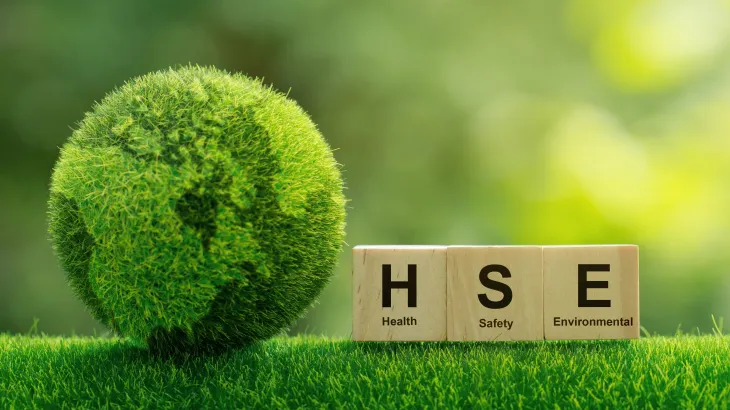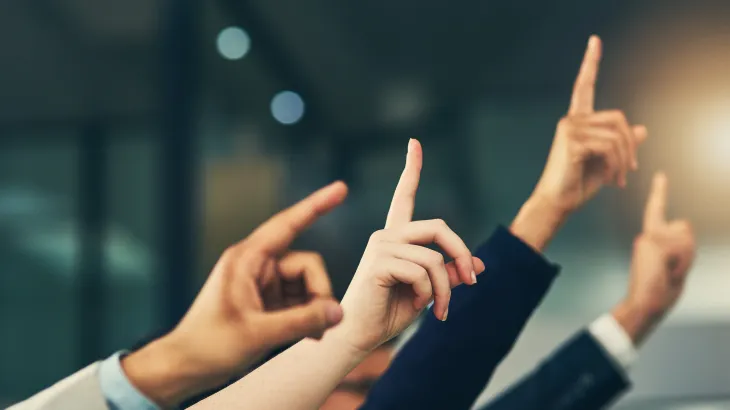People and communities
We deliver large-scale, practical waste management solutions to help create a cleaner and greener world for all.
It is our mission to rethink waste to protect the environment, drive the local economy and improve the livelihoods of communities around the world.
Supporting local communities
Each year, the world generates more than two billion tons of municipal waste, with almost two-thirds ending up at uncontrolled landfill sites. In many locations, there is no sustainable waste management system in place. Without alternatives, waste is frequently dumped or burned close to homes, harming public health, local economies and the environment. This is a big concern near waterways as an estimated 8 million tons of plastic waste enter the world’s oceans every year1.
Geocycle is committed to preventing this pollution and protecting local communities. By promoting better waste governance, we avoid the contamination of air, soil and water.
1 UN Sustainable Development
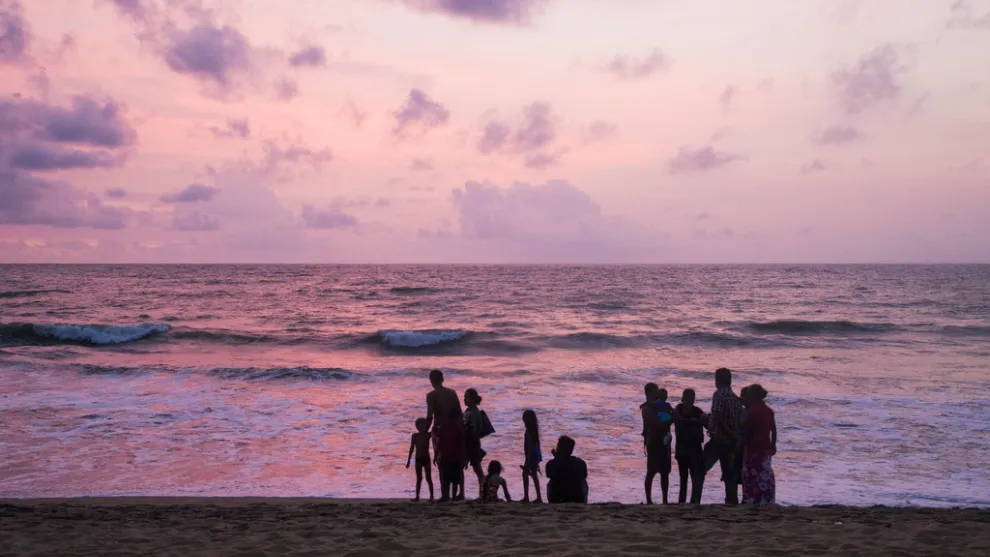
Low-cost solutions for waste management
Geocycle plays an integral role in the communities where we operate. Before introducing our services to a community, Geocycle considers its existing waste structure. By utilizing local infrastructure, we can deliver low-cost waste management solutions and reduce the need for further investment. Additionally, by reducing dependence on imported materials and energy, we lessen the risk of supply chain disruption and related financial issues.
Through our commitment to local solutions, we increase knowledge and awareness of sustainable waste management. Our waste treatment solutions are designed to benefit the local area. We divert waste from landfills and waterways, ensuring its safe and sustainable management.
We also contribute to the economic development around our plants by creating local jobs in waste collection and treatment. Where possible, we collaborate with the informal sector, including rag pickers and waste collectors, further contributing to job creation for disadvantaged populations.



